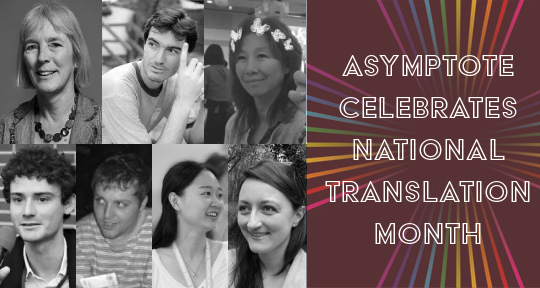This week, our writers bring you news from Singapore and Malaysia. In Singapore, the literary community has been remembering the achievements of eminent Chinese-language writer Yeng Pway Ngon after he passed away. While in Malaysia, a new anthology has been published, which has collected writing about the lockdown. Read on to find out more!
Shawn Hoo, Editor-at-Large, reporting from Singapore
On January 10, the literary community in Singapore and abroad mourned the passing of eminent Chinese-language writer 英培安 Yeng Pway Ngon. Winner of the Cultural Medallion, SEA Write Award, and four Singapore Literature Prizes, Yeng’s writing spans poetry (his latest collection is 石头 Stone), novels (including award-winning 骚动 Unrest and 画室 Art Studio), radio plays, and essays in the manner of Lu Xun. To fully appreciate Yeng’s contribution to Singapore’s cultural landscape, one must also look to his role as a bookseller, having founded two iconic Chinese-language bookstores, Vanguard Books and Grassroots Book Room, that have indelibly shaped the reading culture. In an online literary memorial service on January 15, organised by Grassroots that was attended by more than 170 participants, former students, friends, writers, and cultural workers recited some of Yeng’s verses and looked back at his public and private life. The singularity of Yeng’s influence on Singapore literature has led the Chinese-language newspaper Lianhe Zaobao to pose the question of finding the next Yeng Pway Ngon. As we remember this acclaimed cultural figure, read a play by Yeng (translated by Jeremy Tiang) from the January 2014 issue of Asymptote.
In other news, the Epigram Books Fiction Prize 2021 announced its winners on January 16 in a virtual ceremony. For the first time in the prize’s five-year history, the prize has been awarded to not one but two novels. The winning manuscripts are Sebastian Sim’s And the Award Goes to Sally Bang! and Meihan Boey’s The Formidable Miss Cassidy. They each receive SGD$15,000 in prize money as well as publication. This comes as Epigram Books announced just days before that they will stop publishing in the United Kingdom and focus on their Singapore business. Setting up its London arm in 2016, founder Edmund Wee had initially hoped that the move would allow a Singapore title to get onto the longlist of the coveted Man Booker Prize. After more than thirty titles and four years of work, the effort has proved—at least for the time being—futile. The good news, on the other hand, is that the cost savings from discontinuing the UK endeavour will be redirected to prize money for expanding the Fiction Prize shortlist from four to six novels. READ MORE…





